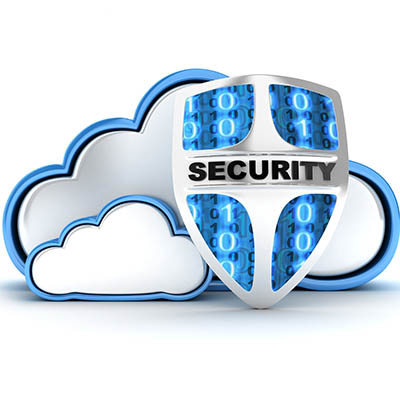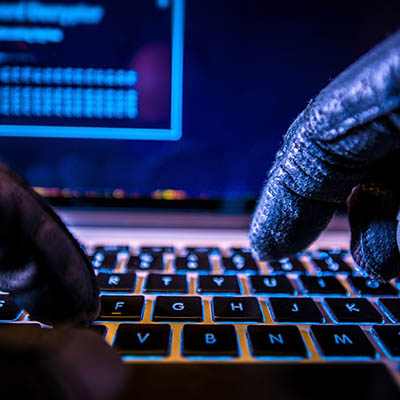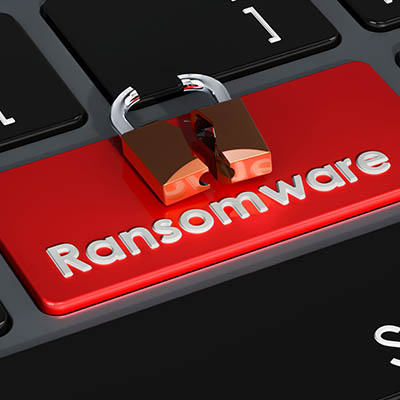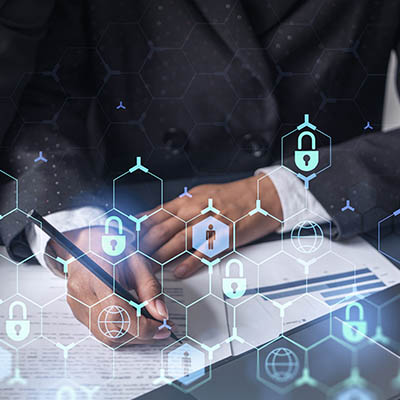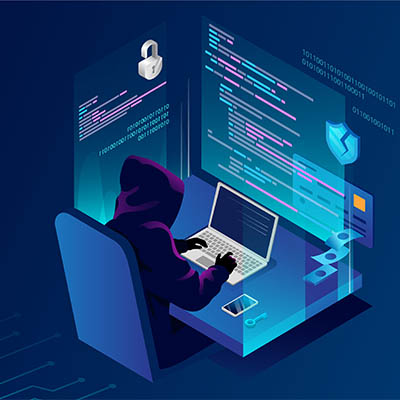There is no denying that the cloud has become one of the most popular options for a business to obtain the tools required for their operations. Despite this, it is equally important to acknowledge that there are many ways that the cloud could facilitate security threats if not managed properly. Let’s go over some of the issues that must be addressed if a business is going to successfully leverage cloud technology to its advantage.
If a hacker were to find themselves on your network or within one of your accounts, would you be able to detect them and eliminate them? Today we want to share some of our best strategies for how you can identify the warning signs of a hacking attack, as well as how you should respond. This is particularly important for a workforce that is working remotely, so we hope you take these tips to heart.
With so many high-profile ransomware attacks being launched against manufacturers, pipelines, and even hospitals, it’s no surprise that many companies are worried about what the future of this threat means for their organizations. Ransomware poses a serious threat, one that cannot possibly be ignored, so we urge you to take action now so you don’t come to regret it later.
Cybersecurity is an important part of running a business, especially in today’s age of ransomware and other high-profile hacks. It stands to reason that you periodically assess how effective your security practices are and how well-prepared your team is to respond to threats, but how often should you do so? Let’s take a closer look.
It is certainly important that you update your software and hardware with the latest patches and updates, but it is also important to keep in mind that while these patches and updates resolve certain issues, these updates can also create problems of their own. An upcoming update to Google Workspace is the perfect example of this.
Imagine going to log into one of your devices only to find that it has been completely wiped of any files located on it. Furthermore, imagine trying to log into your online account to manage the settings of said device, only to find that the password you know is correct is being identified as incorrect. This is the experience that many users of Western Digital’s My Book NAS device are currently going through, and it’s suspected that it is all because of an unpatched vulnerability.
With the addition of end-to-end encryption to Google’s Android Messages application, we have a perfect opportunity to discuss the concept of encryption and why it is so important. Let’s dive right in, shall we?
A recent surge of high-profile ransomware attacks strikes again with an assault on the world’s largest meat processor and distributor, JBS S.A. The cyberattack was so disruptive that the company was forced to suspend operations in both North America and Australia, leading to a considerable impact on the supply chain. Let’s take a deeper dive into what lessons can be learned from this situation.
Many organizations are pushing for two-factor authentication, and it is easy to see why. The benefits are so great and the risks so devastating (and unnecessary) that there is no good reason to not implement two-factor authentication. Let’s discuss what two-factor authentication is, why it matters, and how you can set it up for your Microsoft, Google, and Apple accounts.
Passwords are the first line of defense your accounts have against the myriad of threats out there. It’s imperative that you follow industry best practices when creating them so as to maximize security. Thankfully, the latest guidelines from the National Institute of Standards and Technology, or NIST, make creating secure passwords easy.

